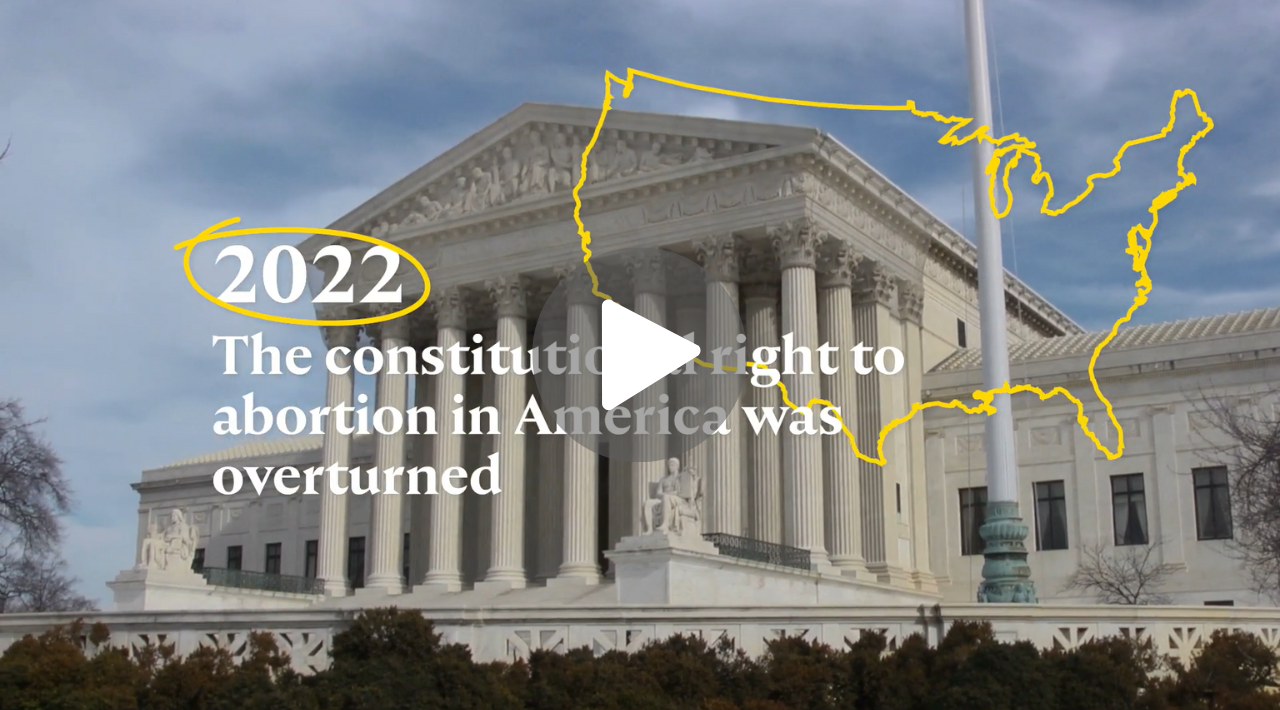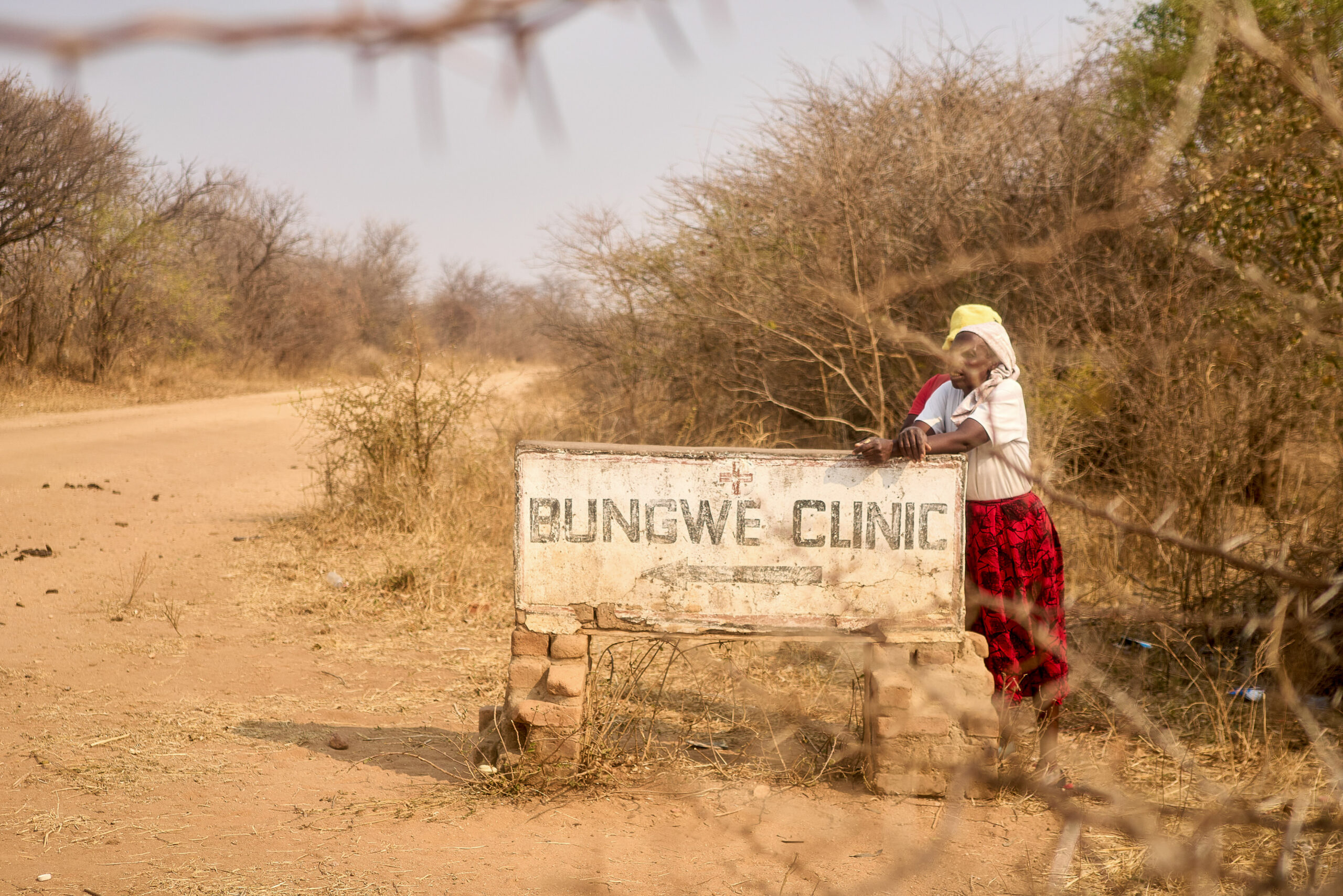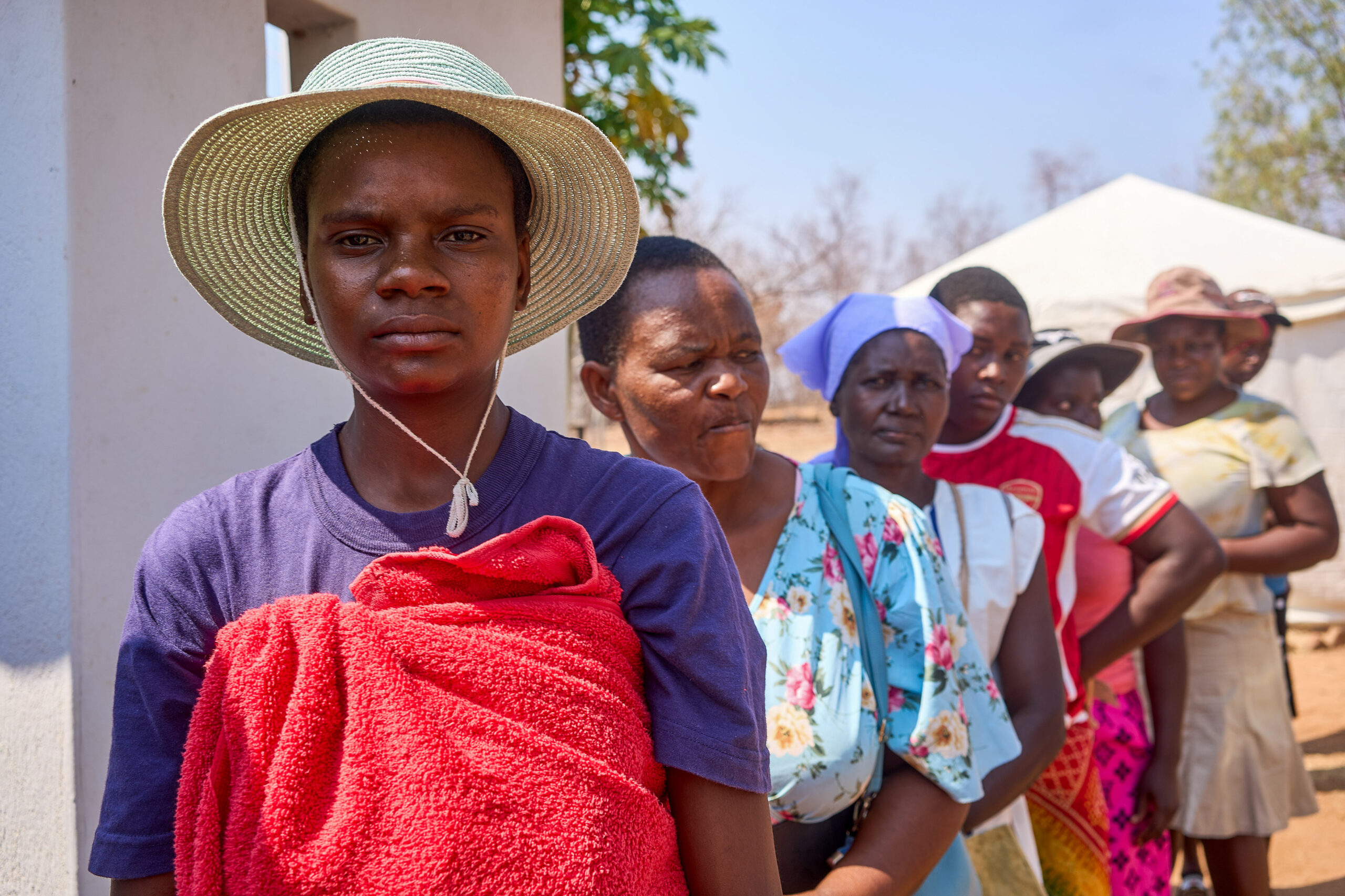“Getting an education was my dream, and taking contraception has allowed me to pursue that.”
I didn’t really know about contraceptives before my mother told me about MSI,” says 25 year-old Umah Dumbuya, fetching water from the well in the compound near her aunt’s house.
Umah lives with her aunt, sisters and cousins in Bo City in Sierra Leone. The family make ends meet by collecting water from the local well and selling it at the nearby market. Fetching the water is one of Umah’s daily chores.
As well as helping with the general running of the household, she also sets aside time every day to help her two younger sisters with their school work and assignments.
Umah is a big advocate of education, as she is one of very few young women in her community to have gone to university. Lots of her friends dropped out or were forced to leave school because they fell pregnant, but Umah chose a different path.
“I knew I wanted to continue with my studies, and I didn’t want to give birth to a child out of wedlock. I cannot rely on a man to support me as an unmarried mother. My church also forbids it. The pastor has said he will not lay hands on a child born out of marriage.”
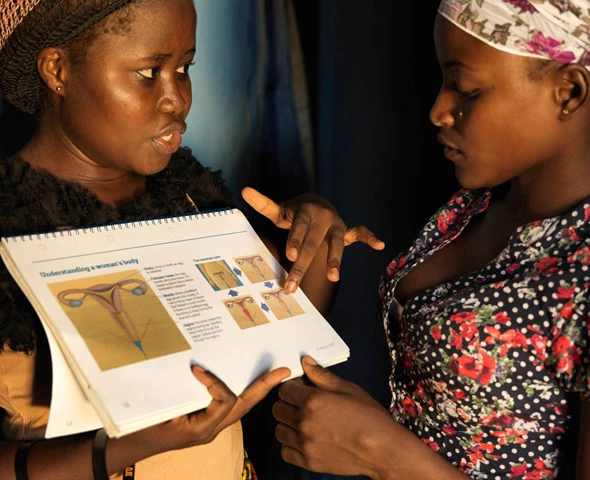
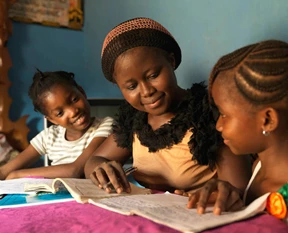

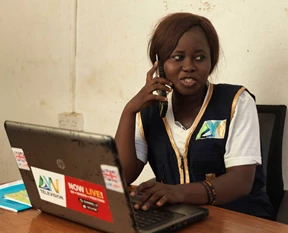
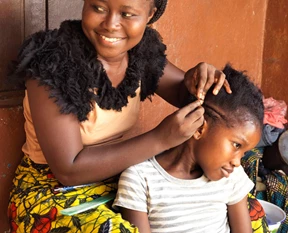
Resolute in her desire to keep studying and to wait to have a family, Umah started taking contraception when she was 18.
“I had heard of family planning but thought it was just for married women. But when I asked my mother about MSI and what was it about, she explained it all to me and encouraged me to be a part of it.”
Every few months, Umah travels to her nearest MSI Sierra Leone service to receive her contraceptive depot injection. In the seven years she’s been taking contraception, she has completed her schooling and gained a degree – while many of her friends have struggled raising their growing families and try to make ends meet.
“Getting an education was my dream, and taking contraception has allowed me to pursue that. I’ve avoided many of the challenges my friends have faced. And today I am a graduate, something I am very proud of as a young woman here.”
Spreading the word
MSI Sierra Leone has been working in the country since 1986, and provides services in every one of Sierra Leone’s 14 districts, supplying more than half of all contraception nationwide.
Despite progress made in recent decades, just 21% of women aged 15-49 are using a method of modern contraception.
“Many friends frowned on me for using contraception at the beginning. But I know the advantages it has given me, so I will keep taking it,” says Umah. “Not so I can chase men all over the place, but so I can achieve my career dreams.”
“I want to help young women understand the power of contraception and avoid unwanted pregnancy so they can pursue their dreams.”
Since finishing university, Umah has been working for an organisation called African Young Voices, which promotes and develops youth activities in Sierra Leone, through TV, radio, the press and online.
Umah feels so strongly about contraception and the benefits it can bring to young women’s life chances, that she is also a peer educator for MSI Reproductive Choices.
“I go out and talk to women in my community about the importance of family planning and the reasons for increased drop out from school among adolescent girls. I want to help young women understand the power of contraception and avoid unwanted pregnancy so they can pursue their dreams.
“When I first started taking a contraceptive, my friends would say all kinds of things against my personality. But now they see me as a role model to listen to if they want to be a success.”






